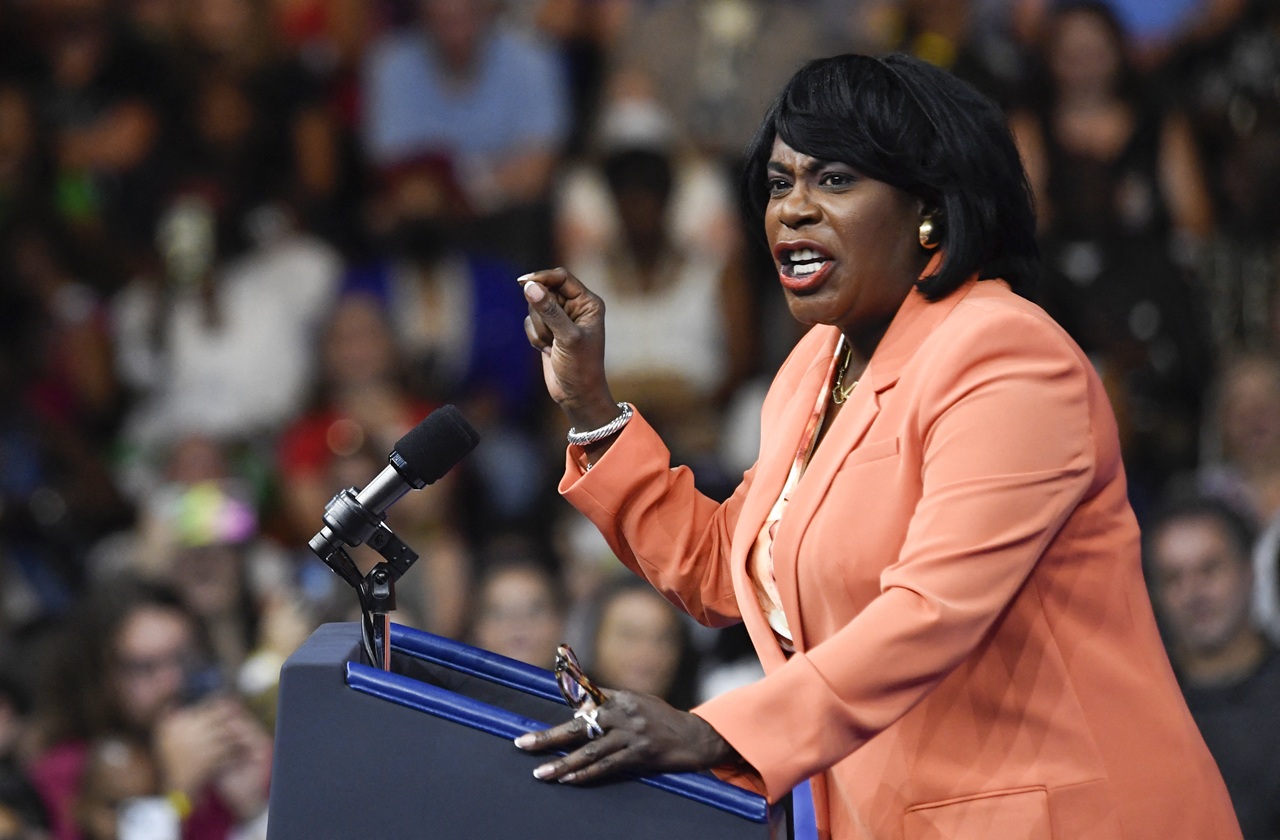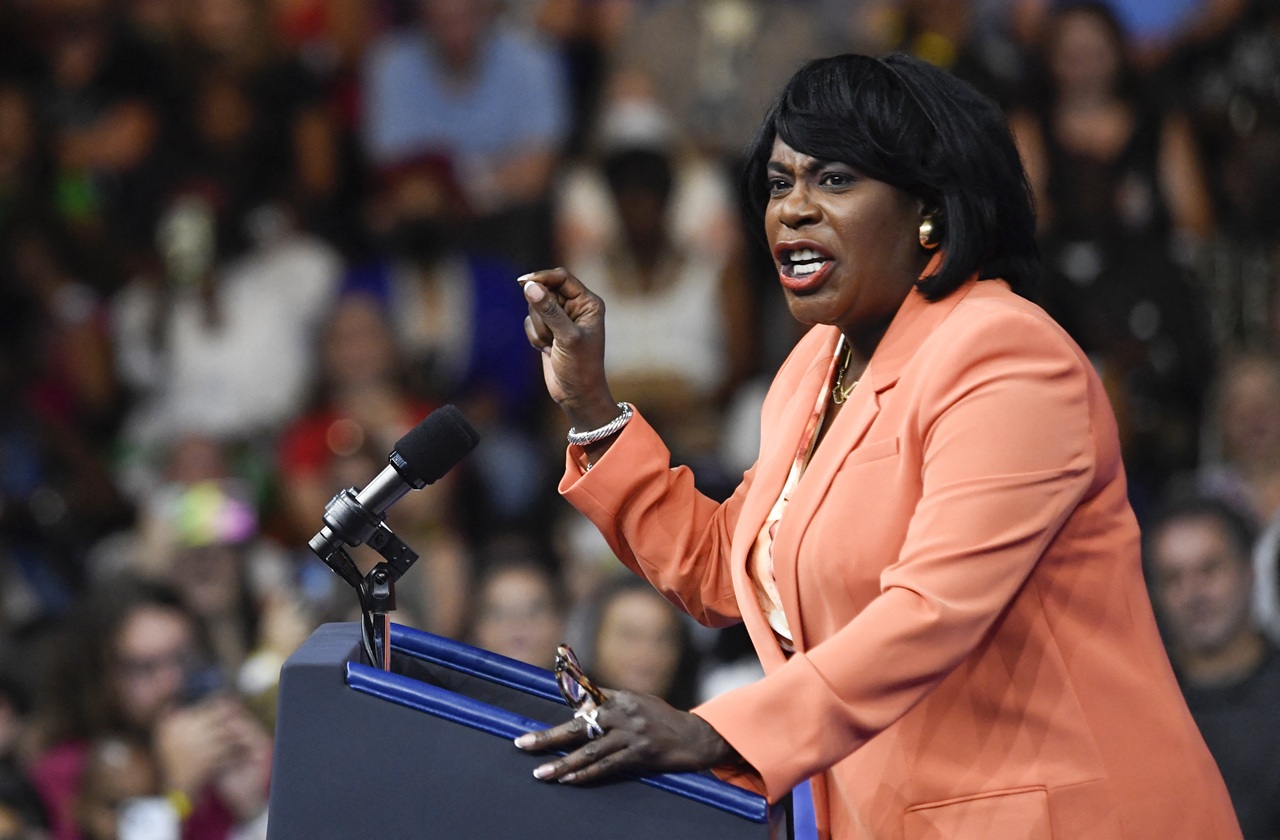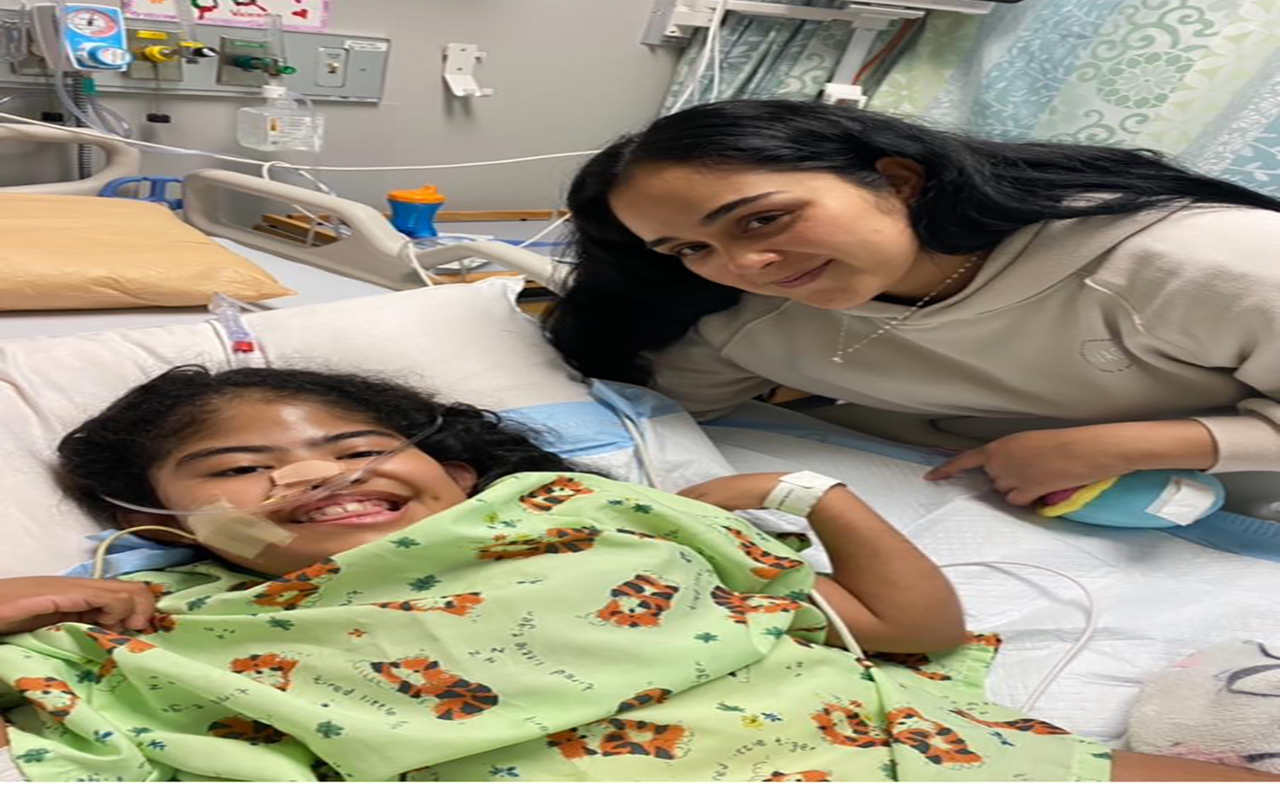
Meet the candidates looking to redefine the office of Lt. Governor
In Pennsylvania, each political party holds separate primary elections for governor and lieutenant governor, which will both take place on May 15. The winners run as one ticket in the November general election. This year, five Democratic candidates are going for their party's nomination for the Lt. Governor race. Read more below about each of the candidates, and check out coverage of our Lt. Governor forum here.

Nina Ahmad, a first-generational Bangladeshi-American, served as Mayor Jim Kenney’s deputy mayor until Nov. 2017, when she resigned in order to run for Congress, representing Pennsylvania’s First Congressional District. A statement released on Feb. 26 by the Ahmad campaign said that the redrawing of the state’s congressional map led Ahmad to end her bid for Congress, though she still supports the effort to end gerrymandering in Pennsylvania. From there, Ahmad announced her run for Lieutenant Governor of Pennsylvania.
“I was running for Congress because I’ve been fighting injustice and discrimination in Pennsylvania for twenty-five years, and I believe we need more truly progressive voices in government,” Ahmad said in her statement. Ahmad grew up in Bangladesh, immigrating to the U.S. when she was 21. She earned her Ph.D. in chemistry from the University of Pennsylvania and went on to work as a molecular biologist.
If elected, Ahmad promises to be a champion for women’s rights, and has said that she will partner with Governor Tom Wolf "to help stamp out sexism and sexual harassment that holds us back.”
“Harrisburg has been male-dominated for too long,” Ahmad said in her statement. “Its culture won’t change without new voices.”
Other top priorities for the candidate include improving the public education system, creating jobs, and enacting stricter gun laws, an issue that resonates with Ahmad as she spent her childhood in a war-torn country. "I have personally witnessed the horrific destruction caused by deadly assault weapons, and I will fight for tough new gun laws to make our schools more secure and our families safer,” Ahmad said in her statement.

Cozzone is currently the commissioner of Chester County and lives in Uwchlan Township, Chester County, PA. She was first elected county commissioner in 2008 and since then has been re-elected twice, in 2011 and 2015. Her time as commissioner has been focused on implementing strategic planning in government. As a member of the Chester County Workforce Development Board, Cozzone has developed strategies to address unemployment, citing workforce development as one of her top priorities.
Cozzone has also worked on two advisory committees at the state level: the Statewide Geospatial Coordinating Board, and the Joint State Government Task Force Advisory Committee, where she focused on voting technology and improvements. She has also worked with CCAP’s Behavioral Health Task Force to reduce the number of mentally ill inmates in county prisons.
According to her campaign website, Cozzone is an advocate for natural gas pipeline “transparency and safety.” She was appointed by Gov. Wolf to chair the County Government Workgroup on the Pipeline Infrastructure Task Force, and she hopes to enact recommendations issued by this group in Harrisburg as lieutenant governor.
If elected, Cozzone has said that she will work with Gov. Wolf in crafting bipartisan legislation in Harrisburg.
 John Fetterman is currently the Mayor of Braddock, Pennsylvania, a town in Western Pennsylvania that has lost 90 percent of its peak population due to deindustrialization. Fetterman grew up in York, PA, and attended Albright College, where he played football. After serving in Americorps in Pittsburgh’s Hill District, Fetterman went on to get his Masters of Public Policy at Harvard’s Kennedy School of Government. He returned to Pennsylvania to start a GED program in Braddock. Fetterman eventually ran for, and won, the town’s mayoral race in 2005, and since then has served as the mayor of Braddock for the past 12 years. In 2016 he ran for the U.S. Senate. Though Fetterman joined the race as a virtually unknown candidate, he earned 20 percent of the vote in a four-way Democratic primary.
John Fetterman is currently the Mayor of Braddock, Pennsylvania, a town in Western Pennsylvania that has lost 90 percent of its peak population due to deindustrialization. Fetterman grew up in York, PA, and attended Albright College, where he played football. After serving in Americorps in Pittsburgh’s Hill District, Fetterman went on to get his Masters of Public Policy at Harvard’s Kennedy School of Government. He returned to Pennsylvania to start a GED program in Braddock. Fetterman eventually ran for, and won, the town’s mayoral race in 2005, and since then has served as the mayor of Braddock for the past 12 years. In 2016 he ran for the U.S. Senate. Though Fetterman joined the race as a virtually unknown candidate, he earned 20 percent of the vote in a four-way Democratic primary.
CONTENIDO RELACIONADO
If elected, Fetterman has said he will use the position to champion the same progressive policies he has promoted in Braddock, including addressing income inequality, expanding health care, legalizing marijuana, and managing the opioid crisis. Fetterman, whose wife, activist Gisele Barreto Fetterman, was a Dreamer, also advocates for developing a path to citizenship for undocumented immigrants.

Currently president of Round Hills Investments and Services Consulting Firm, Ray Sosa plans to use his decades of experience as a banker and insurance agent in the private sector to create a more efficient and effective government in Pennsylvania.
Sosa, who is from San Juan, Puerto Rico, has lived in both Bucks and Montgomery Counties over the last eight years. Throughout his career, Sosa has been appointed by three governors to lead statewide emergency management and response, and served as chairman of the Governor’s Human Rights Advocacy Committee in Florida for 10 years, advocating for hospitals, juvenile justice centers, foster care homes, and nursing homes.
Sosa has said that as Lieutenant Governor, he would focus on: helping lower and middle-class people by instituting subsidies and tax incentives for small employers and community-based organizations; instituting compulsory education for prisoners to lower recidivism rates; ensuring that schools are funded without affecting homeowners and property taxes; and strengthening infrastructure to benefit farmers and rural areas.
As the first Hispanic to be on the ballot for PA Lieutenant Governor, Sosa said that he is “making history,” and that he is “very aware of what being a minority means as far as the needs and opportunities for improvement in the state.”
Sosa emphasized that, if elected Lieutenant Governor, he would support Gov. Wolf, saying that the incumbent “has been very effective in taking steps in the right direction.”

Current Lieutenant Governor Mike Stack, a native of Northeast Philadelphia, has been in office since 2015. A graduate of LaSalle University and Villanova School of Law, Stack served in the Pennsylvania State Senate for four consecutive terms after being elected to represent the Fifth District in 2001. During his term as Lieutenant Governor, Stack created the “Pathway to Pardons” program, designed to help former criminal offenders learn how to clear their records to find higher quality employment and volunteer opportunities.
Stack was under investigation in the spring of 2017 due to allegations that he and his wife Tonya Stack verbally abused staff members at their official residence in Harrisburg. Gov. Wolf, who will be seeking re-election this year, has yet to endorse Stack or any other candidate for the Democratic primary.










DEJE UN COMENTARIO: